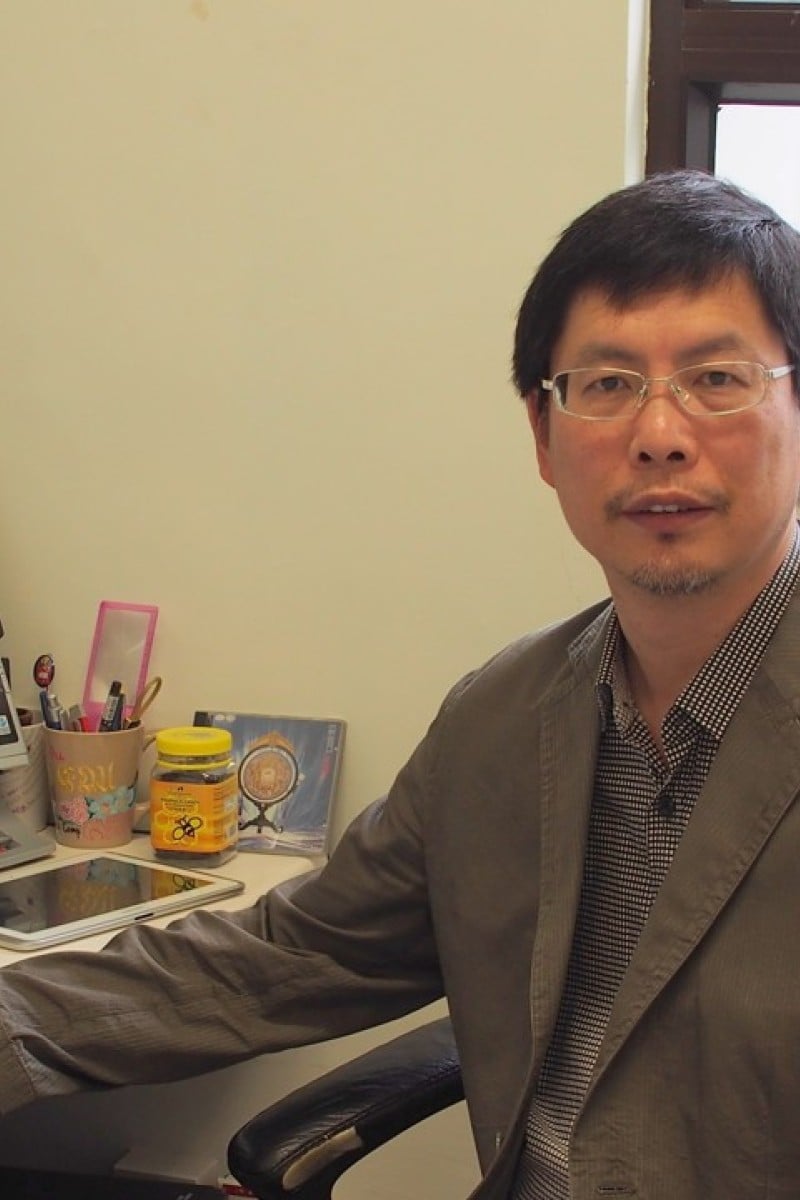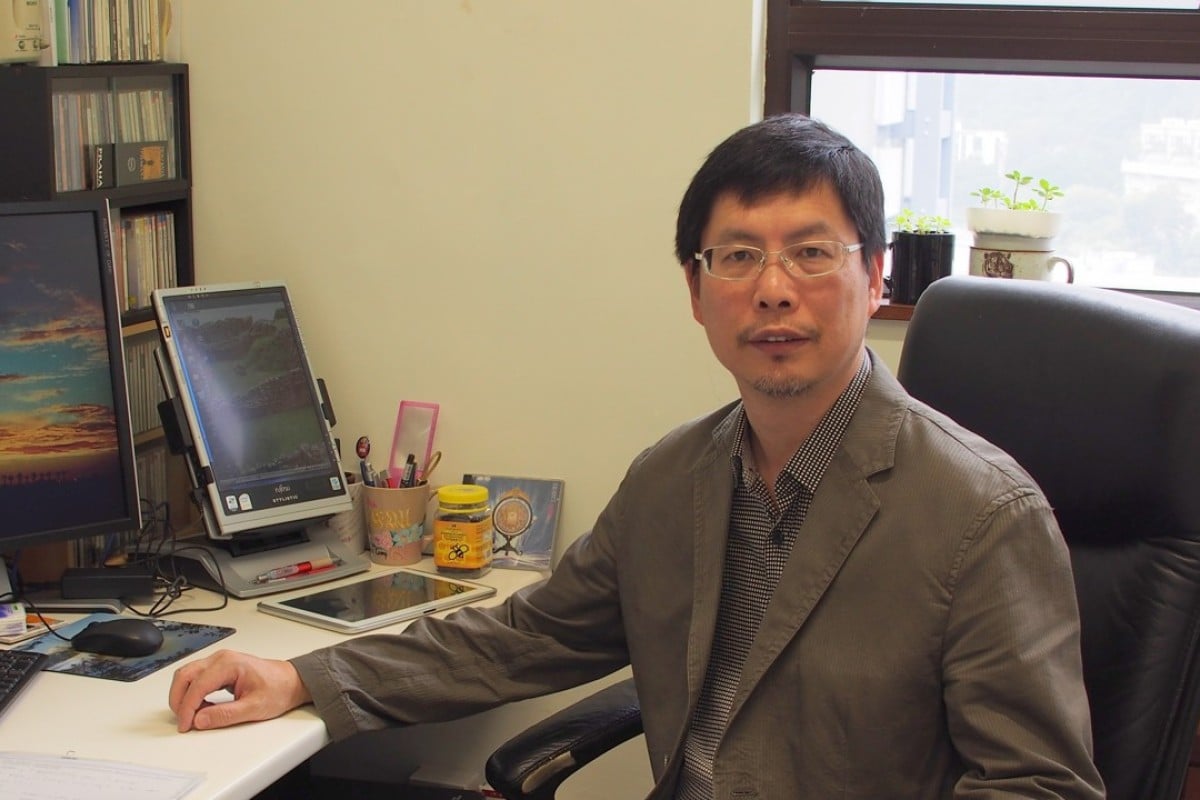
Why maths is useful in daily life beyond shopping - and why Hong Kong is teaching mathematics to students all wrong
Maths may not be as easy as pi (geddit?) but it is a pretty important part of our lives in and out of the classroom, whether we want it to be or not – and here’s why
 Okay, so you might not like maths. Let the professionals, like Prof. Thomas Au Kwok-Keung, explain to you why you might be wrong.
Okay, so you might not like maths. Let the professionals, like Prof. Thomas Au Kwok-Keung, explain to you why you might be wrong. Let’s talk about maths. Wait, no, come back – we know a lot of people are put off or feel daunted by the subject, and that’s entirely understandable. Maths, as one of our readers puts it, stands for “Mental Abuse to Humans”. It remains, however, one of our core HKDSE subjects because it’s important, and people still need to study it.
To find out why we still need maths in our lives, we talked to some professional mathematicians about what all those numbers mean, how maths differs between school stages, and how it can be applied outside of the classroom.
One of the simplest ways to explain the differences between maths in secondary school and university is that in secondary school it involves following, and at university, it involves thinking.
“Secondary school demands more computational skills, and less conceptual understanding and critical thinking,” said Hong Kong University of Science and Technology maths Assistant Professor Frederick Fong Tse-ho, adding that some students find it hard to change their approach to the subject when they pursue higher education.
“Many students have no trouble doing long, dry calculations,” Fong said, “but when a question comes up that requires a deeper understanding of the reasoning behind [the maths], most have difficulty answering. These are ‘killer questions’.”
That’s why Fong adds a layer of extra content into his lectures to encourage critical thinking. “Lectures aren’t just for learning ‘how’, they’re for asking ‘why’ and ‘what if’.”
There’s a reason why so many people think maths is hard, of course – because it can be. Even those who choose to take maths as a degree course can end up overwhelmed, even if they’re fairly numbers-savvy.
“Some people study it at a PhD-level before they realise it’s not for them,” said Professor Thomas Au Kwok-keung, the Deputy Chairman and Associate Professor of the maths department at Chinese University. “But it’s easier nowadays to branch out into other subjects, like business, finance, engineering, or computer science, if you realise that maths is not your cup of tea.
“Universities now allow students to discover their own talents and have more accessible options. It’s very different to [what university was like] 30 years ago.”
Au also believes that having good maths grades in secondary school is not a guarantee a student will do well at university. “Yes, those with good grades usually do well,” he agreed, but added that many university students cling to their secondary school ways of thinking. At university, you need to be able to adapt – on top of your mathematical abilities, you also need to develop abstract, critical thinking.
“There’s too much of an emphasis on calculation in schools in Asian countries, which is a waste of a student’s attention and effort. I think we need to be teaching the more abstract elements of maths,” Au said. But he admitted that finding the right balance between abstract thinking and pure calculation is tricky.
Au said he thinks the general dislike of maths among students is natural. “Part of it has to do with the nature of the subject,” he said. “Part of it is because it’s mandatory. If everyone in the world was forced to play basketball, there’s bound to be some who will say they hate it.”
Still, maths – even the “lower levels of maths” – shouldn’t be dismissed just because people don’t like the subject, said Professor Siu Man-keung.
“There shouldn’t be a difference made between ‘test maths’ and ‘real maths’, because all maths is real maths,” said the Honorary Professor at the University of Hong Kong’s maths department. “Maths taught at primary school, or even kindergarten, is still real maths. It’s elementary, but important. It’s sad that people think school maths is not real maths, and it’s even worse some teachers think that way, too.”
The key to the subject, Siu stressed, is in the teaching of it – even if he doesn’t have an easy “how-to” method for teachers. “It’s not something that can be written down. But no matter what, it’s important to make things make sense,” he said. “No education system outright says they force students to drill. They always claim to have a different vision. But in reality there’s usually overdrilling in pursuit of speed [during exams].”
“Even in university, most of the time maths is taught as a tool, with emphasis placed on the technical aspect and not so much on the cultural. We don’t really explain how and why maths has developed into what it is today.” Siu added. “Some teachers think of maths as polished, tidy and finished. It wasn’t like that at the start, but that’s considered ‘wrong maths’, and isn’t really looked at.”
So there you have it. Maths IS hard, and it CAN be complicated. But it’s also much more interesting than your teachers may have made it out to be, so don’t discount it outright as a potential university degree course just yet.
